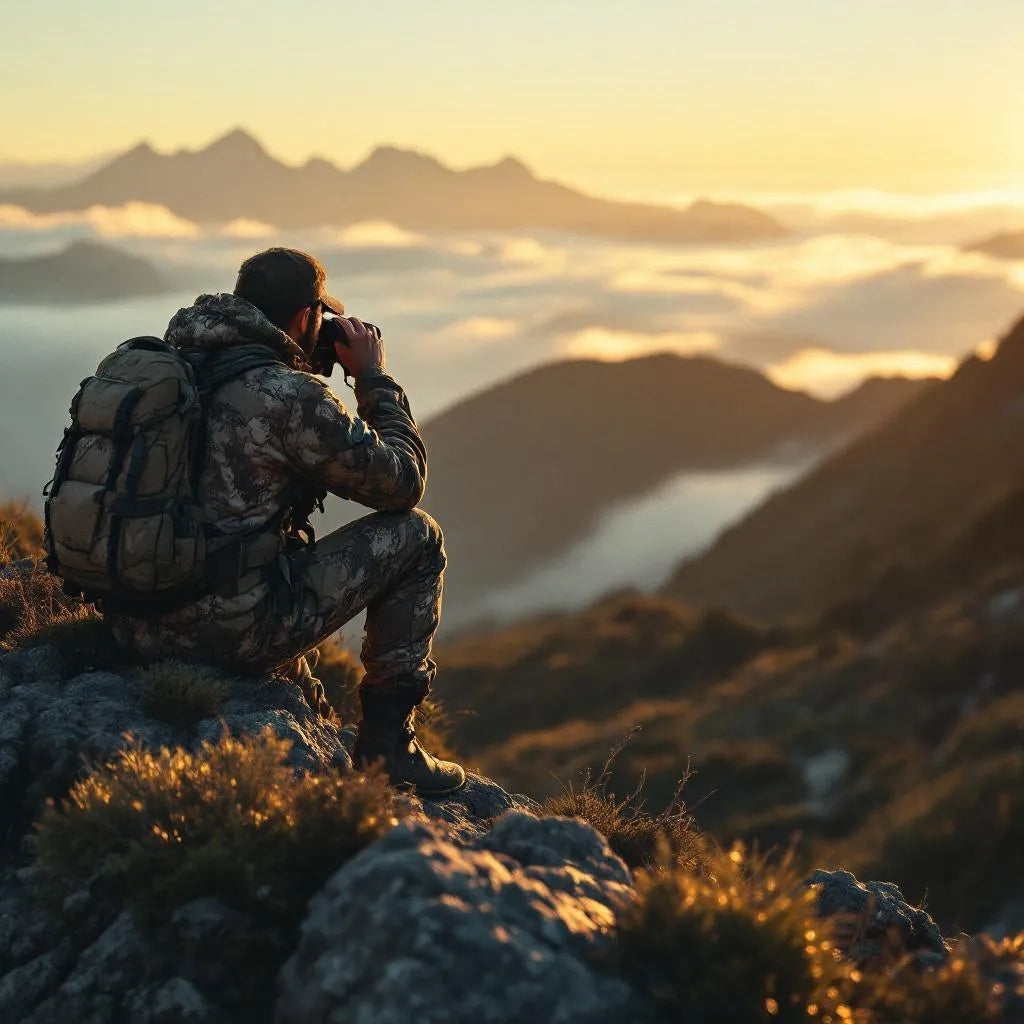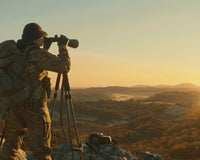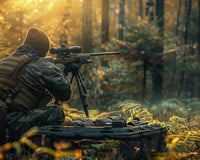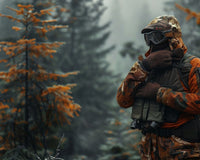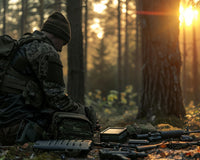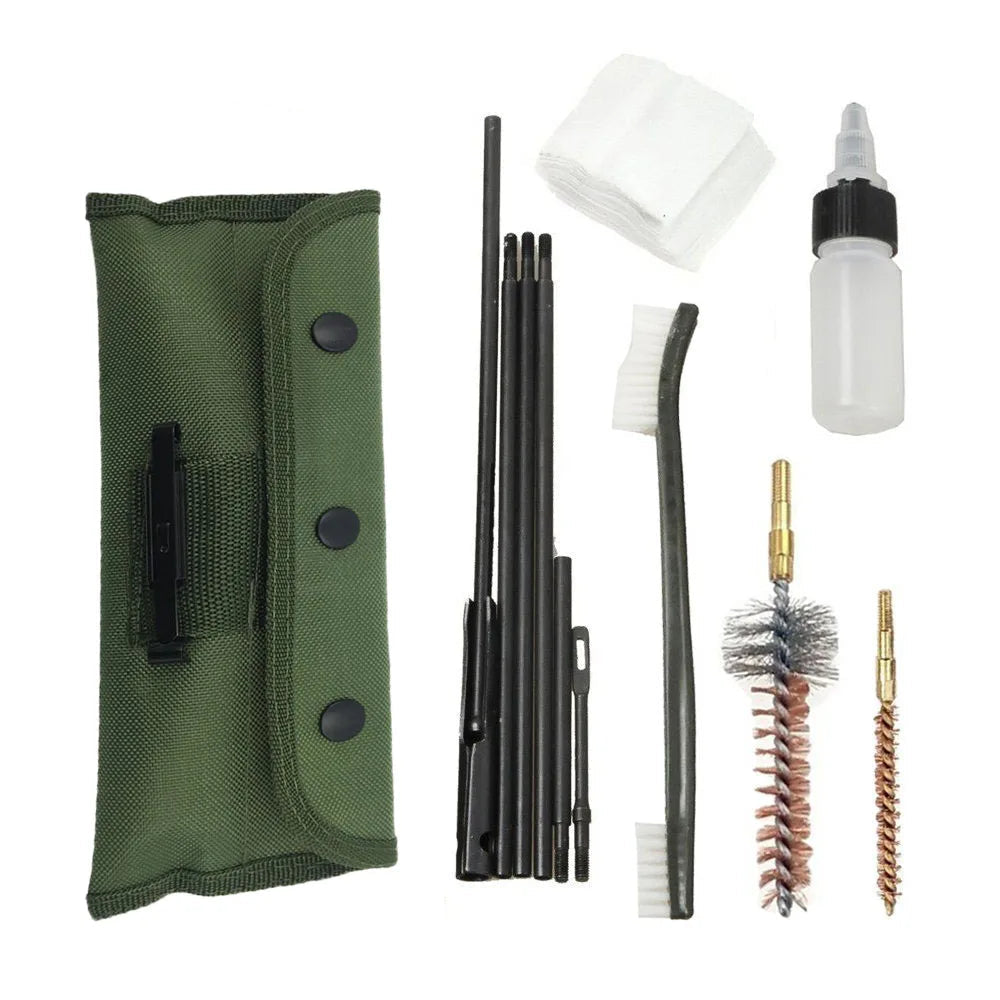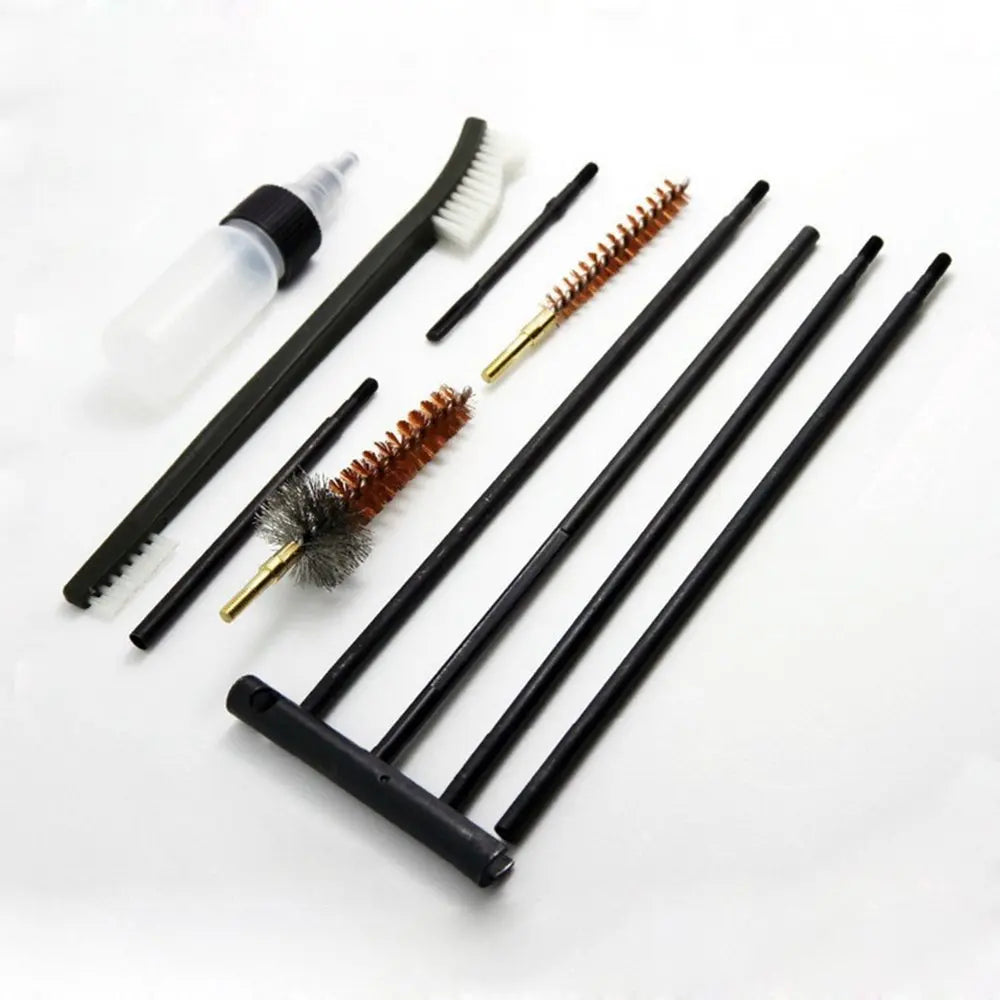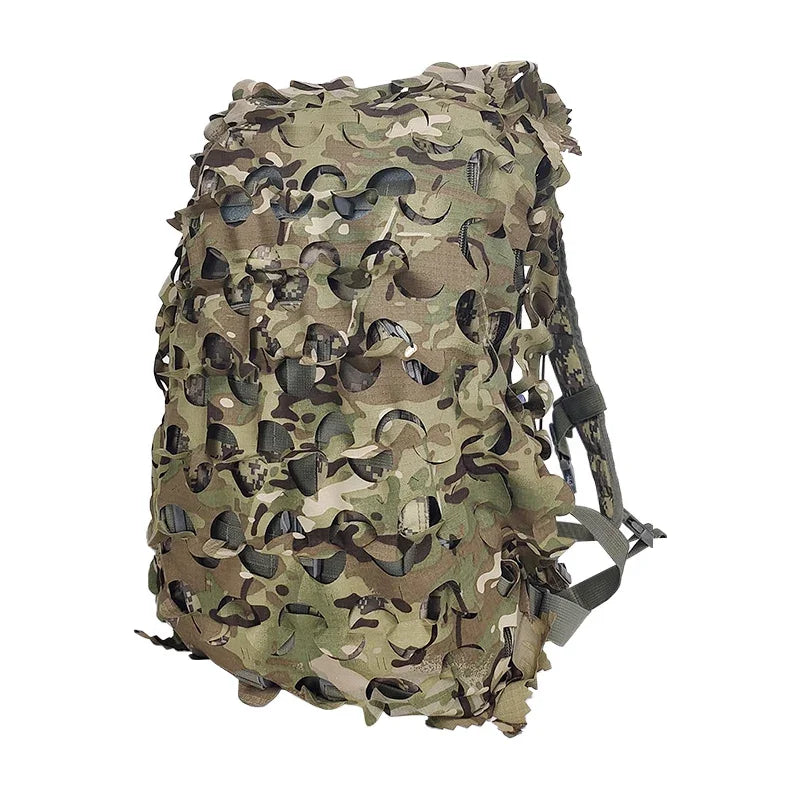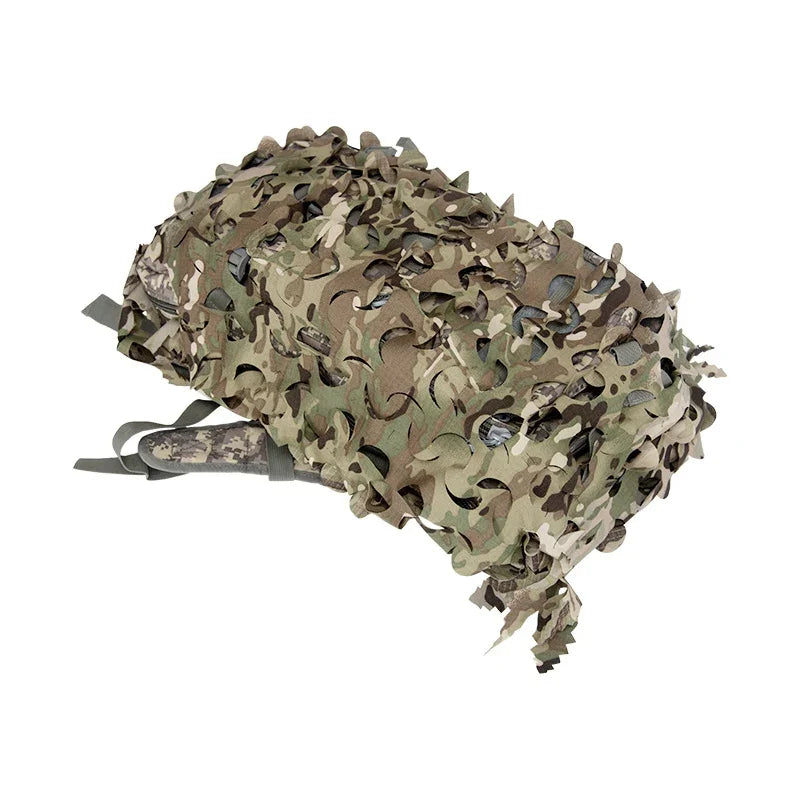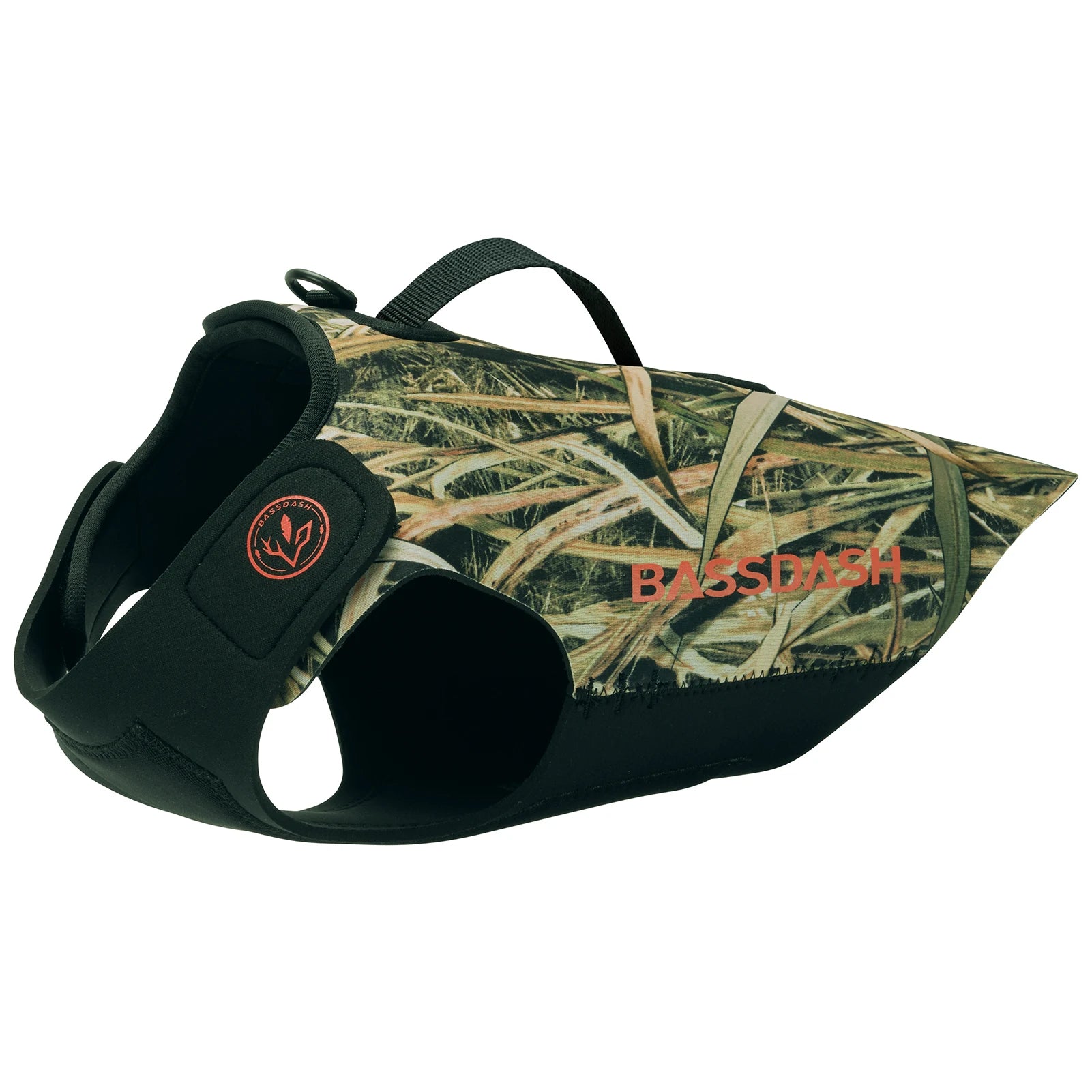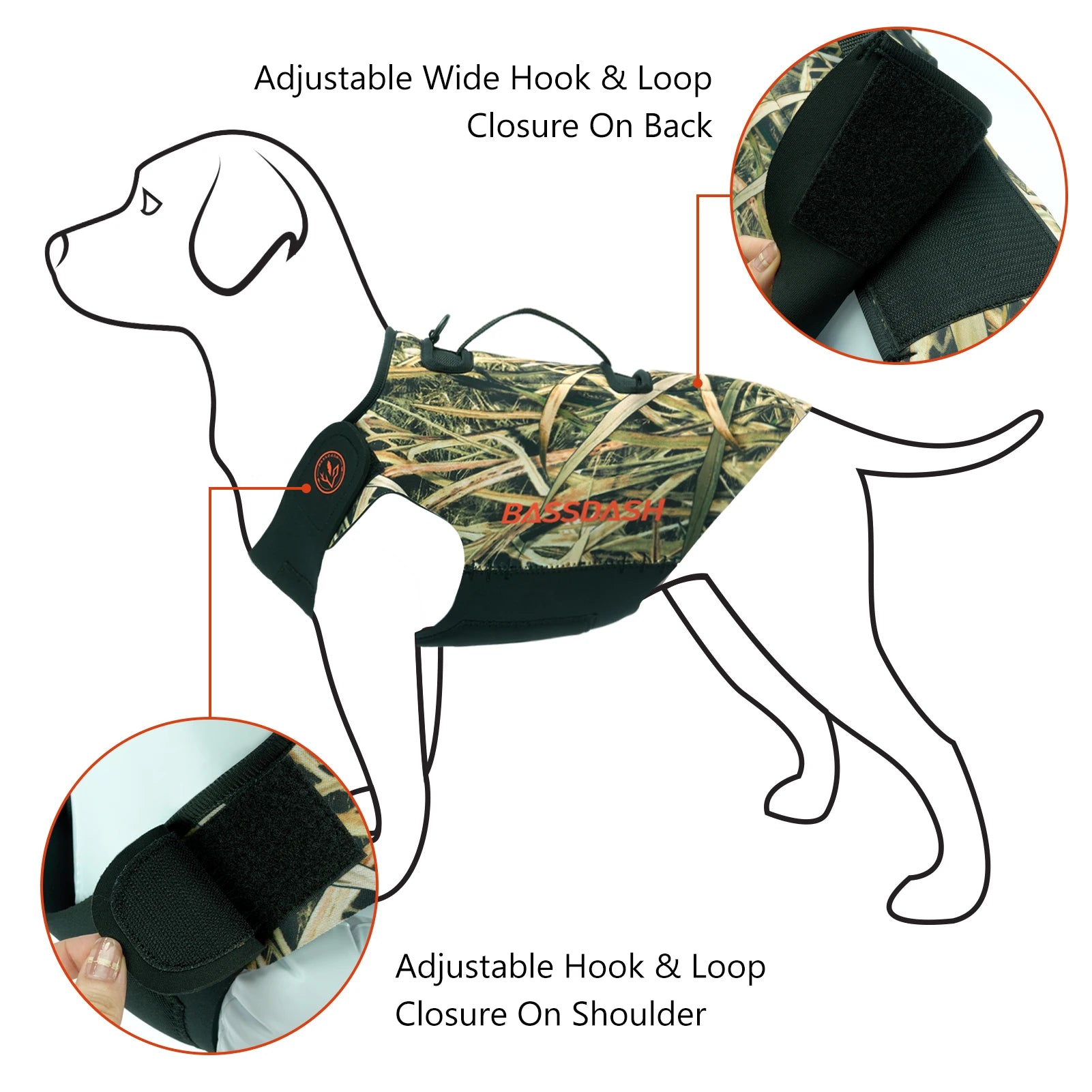Embarking on a hunting adventure in the breathtaking landscapes of New Zealand is not just about the thrill of the chase; it's about being equipped with the right gear for success. Whether you're seeking the elusive tahr in the Southern Alps or tracking deer through lush forests, having essential NZ hunting gear can make all the difference between a memorable trip and a frustrating experience. In this ultimate guide, we'll delve into the must-have equipment that every hunter should consider, from durable clothing and reliable firearms to essential tools and safety gear. Get ready to enhance your wilderness experience with our expert recommendations, ensuring you're prepared to conquer the great outdoors. Let's gear up and take your hunting game to the next level!
Understanding the Unique Challenges of NZ Hunting
Hunting in New Zealand presents unique challenges that require specialised gear and preparation. The diverse terrain, ranging from dense forests to rugged mountains, means that hunters must be ready for a variety of conditions. The weather can change rapidly, with sunny skies turning into heavy rain or snow within hours. This unpredictability demands that hunters are equipped with weather-appropriate NZ hunting gear that can withstand such changes.
Moreover, New Zealand's flora and fauna are distinct from other parts of the world. The country's hunting seasons and regulations are designed to protect these unique ecosystems, so understanding local laws and respecting the environment is crucial. Hunters must be knowledgeable about the species they are targeting and aware of the best times and places to hunt for them. This knowledge will also dictate the type of gear needed, ensuring it's suitable for the specific game being pursued.
Another challenge is the remote and often inaccessible nature of many hunting grounds. Hunters may need to hike for several days to reach prime hunting areas, carrying all their supplies with them. This requires not only physical fitness but also careful planning to ensure that all necessary gear is lightweight and compact yet robust enough to handle the rigours of the wilderness. Proper preparation and the right equipment are critical for both safety and success in New Zealand's challenging hunting environments.
Essential Hunting Gear for Beginners
For those new to hunting in New Zealand, starting with the basics is key. A reliable hunting rifle is fundamental, and beginners should choose one that is suited to the type of game they intend to hunt. Popular choices include the .308 Winchester for its versatility and the .270 Winchester for its lighter recoil. Acquiring a rifle that is durable and easy to handle will build confidence and improve shooting accuracy.

Next, a sturdy and comfortable backpack is essential. It should have enough capacity to carry all necessary gear, including food, water, additional clothing, and first aid supplies. Look for packs with multiple compartments and easy access pockets to keep items organised. Waterproof or water-resistant materials are highly recommended, given the variable weather conditions in New Zealand.
A good GPS device or a reliable map and compass are indispensable for navigation. Many hunting areas in New Zealand are remote and lack clear trails, making it easy to get lost. Beginners should familiarise themselves with basic navigation skills and ensure their devices are fully charged or that they have spare batteries. This preparation not only aids in successful hunting but is crucial for safety in the wilderness.
Advanced Equipment for Experienced Hunters
Experienced hunters often look to upgrade their gear to enhance their hunting efficiency and comfort. One such upgrade is a high-quality scope for their rifle. A scope with excellent clarity, magnification, and light-gathering ability can make a significant difference in spotting and accurately targeting game from a distance. The VICTOPTICS S4 4-16×44 FFP Riflescope offers exceptional precision for New Zealand's diverse hunting conditions, with ultra-precise adjustments that perform reliably in our challenging alpine environments.

Additionally, seasoned hunters might invest in advanced game calls and decoys. These tools can attract specific animals, improving the chances of a successful hunt. Electronic game calls that mimic the sounds of prey or mating calls can lure animals closer, while realistic decoys can draw them into shooting range. For those planning extended expeditions, the 12MP Infrared Trail Camera proves invaluable for scouting game patterns and identifying optimal hunting locations before you even arrive at camp.
Another valuable piece of advanced equipment is a high-quality hunting knife. A versatile knife with a strong, sharp blade is essential for field dressing game. Many experienced hunters prefer knives with ergonomic handles and blades made from high-carbon stainless steel for durability and ease of maintenance. Investing in a good knife can make the post-hunt process more efficient and less strenuous.
Clothing and Footwear: Staying Comfortable and Protected
When it comes to hunting in New Zealand, proper clothing and footwear are crucial for comfort, protection, and performance. Layering is key, as it allows hunters to adjust their clothing based on changing weather conditions and activity levels. Start with a moisture-wicking base layer to keep sweat away from the skin, followed by insulating layers such as fleece or down to retain body heat. The outer layer should be waterproof and windproof to shield against the elements.

For New Zealand's unpredictable weather, the MEGE KNIGHT PCU L5 Softshell Jacket provides the perfect balance of protection and breathability for spring and autumn hunting. Its lightweight design won't weigh you down during long stalks, while the windproof construction shields against sudden weather changes common in our alpine regions.
Footwear is equally important, as the rugged terrain of New Zealand can be harsh on the feet. Sturdy, waterproof hunting boots with good ankle support are essential. Look for boots with a durable sole that provides excellent traction on various surfaces, from slippery rocks to muddy trails. Investing in high-quality, breathable socks can also help prevent blisters and keep feet dry and comfortable throughout the hunt.
In addition to the basics, hunters should consider additional protective clothing such as gloves, hats, and gaiters. The MEGE KNIGHT Winter Balaclava offers essential face protection during cold-weather hunts in our Southern Alps, where temperatures can drop rapidly and wind chill becomes a serious factor. These additional items can make a significant difference in maintaining comfort and focus during long days in the field.
Optics and Accessories: Enhancing Your Hunting Experience
Optics play a vital role in hunting, enabling hunters to spot game from a distance and make accurate shots. Binoculars are a must-have for scanning large areas and identifying potential targets. Choose binoculars with good magnification and a wide field of view, as well as durable construction to withstand the rigours of the outdoors. Many hunters opt for binoculars with rubber armour for added grip and shock resistance.
A rangefinder is another valuable tool, helping hunters determine the exact distance to their target. This information is crucial for making accurate shots, especially at long ranges. Modern rangefinders are compact, easy to use, and can provide precise measurements in a matter of seconds. Investing in a reliable rangefinder can greatly improve shooting accuracy and confidence.
Other useful accessories include a quality headlamp for hands-free illumination during early morning or late evening hunts. The SOFIRN HD20 USB-C Rechargeable Headlamp delivers 2000 lumens of bright, reliable light perfect for navigating New Zealand's challenging terrain in low-light conditions, while its USB-C charging ensures you'll never be caught without power during extended hunting trips.
A hunting watch with GPS capabilities for tracking movements and marking waypoints is also valuable. Additionally, a portable power bank can keep electronic devices charged, ensuring that hunters have access to navigation tools and communication devices throughout their trip. These accessories can enhance the overall hunting experience and contribute to a more organised and successful outing.
Safety Gear: Ensuring a Safe Hunting Trip
Safety should always be a top priority when hunting, and having the right safety gear is essential. A comprehensive first aid kit is a must-have, equipped with supplies to treat common injuries such as cuts, scrapes, and blisters. The RHINO RESCUE IFAK First Aid Kit provides professional-grade medical supplies specifically designed for outdoor emergencies, including items for serious trauma situations that can occur in New Zealand's remote hunting areas.

Another critical piece of safety gear is a personal locator beacon (PLB) or satellite messenger. These devices can send emergency signals and location information to rescue services, ensuring help can be dispatched quickly in the event of an accident or getting lost. Given the remote nature of many hunting areas in New Zealand, having a reliable means of communication is crucial for safety.
Hunters should also wear high-visibility clothing, especially when hunting in areas where other hunters may be present. Bright orange or camo patterns with reflective elements can help ensure they are seen and not mistaken for game. Additionally, carrying a whistle or signal mirror can aid in attracting attention if needed. Prioritising safety gear and making it an integral part of your New Zealand hunting equipment can prevent accidents and ensure a safe and enjoyable hunting experience.
Popular Hunting Regions in New Zealand and Their Gear Requirements
New Zealand offers a variety of hunting regions, each with its own unique challenges and gear requirements. The Southern Alps, for example, are home to the Himalayan tahr and chamois. Hunting in this region often involves navigating steep, rocky terrain and can be physically demanding. Hunters should prioritise lightweight, durable gear and be prepared for sudden weather changes with appropriate clothing and shelter.
The North Island, particularly the Kaimanawa Ranges and Urewera National Park, is known for its population of red deer. These areas feature dense forests and bushland, requiring hunters to have excellent navigation tools such as GPS devices and compasses. Camouflage clothing that blends with the forest environment and scent-masking products can also increase the chances of a successful hunt.
Fiordland, located in the southwestern part of the South Island, is famous for its wapiti (elk) hunting. The region's rugged terrain and wet climate necessitate sturdy, waterproof gear. High-quality optics are also crucial for spotting game at long distances in the vast, open landscapes. Each hunting region in New Zealand offers unique experiences and demands specific hunting supplies NZ tailored to its environment, making research and preparation essential for success.
Maintenance and Care for Your Hunting Equipment
Proper maintenance and care of hunting equipment are vital for ensuring longevity and performance. Firearms should be cleaned and oiled regularly to prevent rust and ensure smooth operation. This includes cleaning the barrel, action, and other moving parts with appropriate solvents and lubricants. Storing firearms in a dry, secure place when not in use is also important to prevent damage.
Optics such as scopes and binoculars require careful handling and cleaning to maintain their clarity and functionality. Use a soft, lint-free cloth and lens cleaning solution to remove dirt and smudges, and avoid touching the lenses with bare hands. Storing optics in protective cases when not in use can prevent scratches and other damage.
Clothing and footwear should be cleaned according to the manufacturer's instructions, paying attention to special care requirements for waterproof and breathable materials. Regularly inspecting and repairing gear, such as reproofing waterproof jackets or replacing worn boot soles, can extend their lifespan and ensure they perform when needed. Taking the time to properly maintain hunting equipment can lead to better performance in the field and a more enjoyable hunting experience.
Conclusion: Preparing for a Successful Hunting Adventure
Embarking on a hunting adventure in New Zealand's stunning wilderness requires thorough preparation and the right NZ hunting gear. From understanding the unique challenges of the terrain and weather to selecting essential equipment and safety gear, every aspect plays a crucial role in ensuring a successful and enjoyable hunt. Whether you're a beginner or an experienced hunter, investing in high-quality wilderness gear NZ and maintaining it properly can make all the difference.
By equipping yourself with the right tools, clothing, and accessories, you can enhance your hunting experience and increase your chances of success. Remember to prioritise safety, respect local regulations, and be prepared for the diverse and unpredictable conditions of New Zealand's hunting grounds. With this ultimate guide to essential NZ hunting gear, you're now ready to conquer the great outdoors and create unforgettable memories in the wilderness. Happy hunting!

